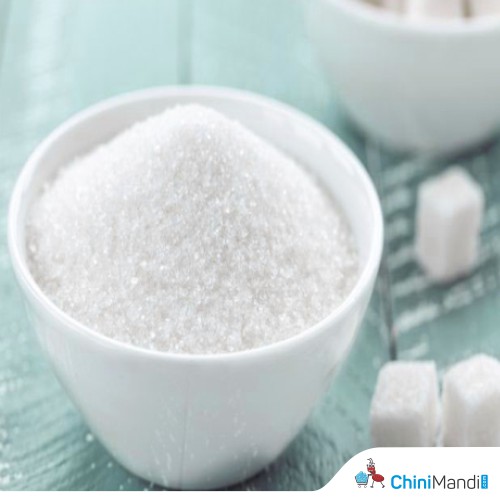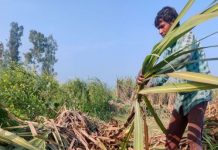Islamabad: The federal cabinet has approved the export of an additional 100,000 metric tonnes of sugar, just weeks after Prime Minister Shehbaz Sharif initially declined to authorize more exports. This decision also comes amid Punjab’s recent reshuffling of key officials responsible for overseeing sugar-related matters, reported The Express Tribune.
According to official documents, the cabinet approved the decision on September 25, the same day the prime minister was in New York. Rather than presenting the summary at a regular meeting, ministers gave their approval via email, a method allowed under the 1973 Rules of Business.
The cabinet ratified an earlier decision made by its Economic Coordination Committee (ECC) on September 20, which had cleared the Ministry of Industries’ request for the export. This is in addition to a previous approval by the ECC for 150,000 metric tonnes of sugar.
Prime Minister Sharif had earlier rejected the proposal in August, citing concerns over retail prices, available stock, and domestic demand. He directed the matter be revisited, and in response, the ECC tied the export decision to local market prices in its latest ruling.
In August, the government estimated that total sugar stocks were around 4.8 million metric tonnes, and after the export, around 704,000 metric tonnes would remain at the beginning of the new crushing season. Punjab’s Cane Commissioner confirmed that the province would have a leftover stock of 89,000 metric tonnes after accounting for reserves and consumption.
However, the officials giving these assurances were new to their posts. Punjab recently replaced its food secretary and cane commissioner, appointing Ehsan Bhutta as the new food secretary and Shoaib Khan Jadoon as the new cane commissioner. The transfers occurred on August 29, replacing Moazzam Iqbal Sipra and Abdul Rauf, respectively.
As per news report by The Express Tribune, sespite surplus sugar in the market, an industry insider, speaking anonymously, noted that discrepancies between official and actual stocks exist due to underreporting, which is often used to evade taxes. Sugar export decisions are based on verifiable stock data, but the real quantity is often higher.
The prime minister recently approved a new tax reform plan that highlighted widespread underreporting in sectors like sugar, cement, and textiles. At the time of the initial export approval, the cabinet had linked the permission to keep local market prices stable at Rs145 per kilogram. Last week, the ECC noted that while retail prices had exceeded this threshold, ex-mill prices remained below the target.
The cabinet has again linked export permission to regular monitoring of local sugar prices, setting a benchmark of Rs145.13 per kilogram. The Pakistan Bureau of Statistics reported this week that sugar prices averaged Rs139.5 per kilogram, below the threshold.
The process of granting sugar export permission moved quickly. The cabinet approved it on Wednesday, and by Thursday, the Ministry of Commerce had issued the necessary instructions. On Friday, Punjab’s new cane commissioner allocated quotas to 41 sugar mills, distributing the export quota among three provinces. Punjab’s share amounts to 64,000 metric tonnes, with mills receiving quotas based on their sugarcane crushing.
Notably, Hamza Sugar Mills received a quota of 4,357 metric tonnes, while Jahangir Khan Tareen’s JDW Sugar Mills was allocated 7,189 metric tonnes. These quotas were distributed based on the crushing capacity of each mill.
The sugar millers, known for their influence, often secure favourable decisions. Recently, the government also implemented a controversial power sector decision, paying Rs8.2 billion to power plants owned by five sugar millers to cover the cost of imported coal, although they used sugarcane byproducts for electricity generation. Among those who received payments were Chanar Energy, Chiniot Power, Hamza Sugar Mills, JDW’s two units, and Rahim Yar Khan Mills.












